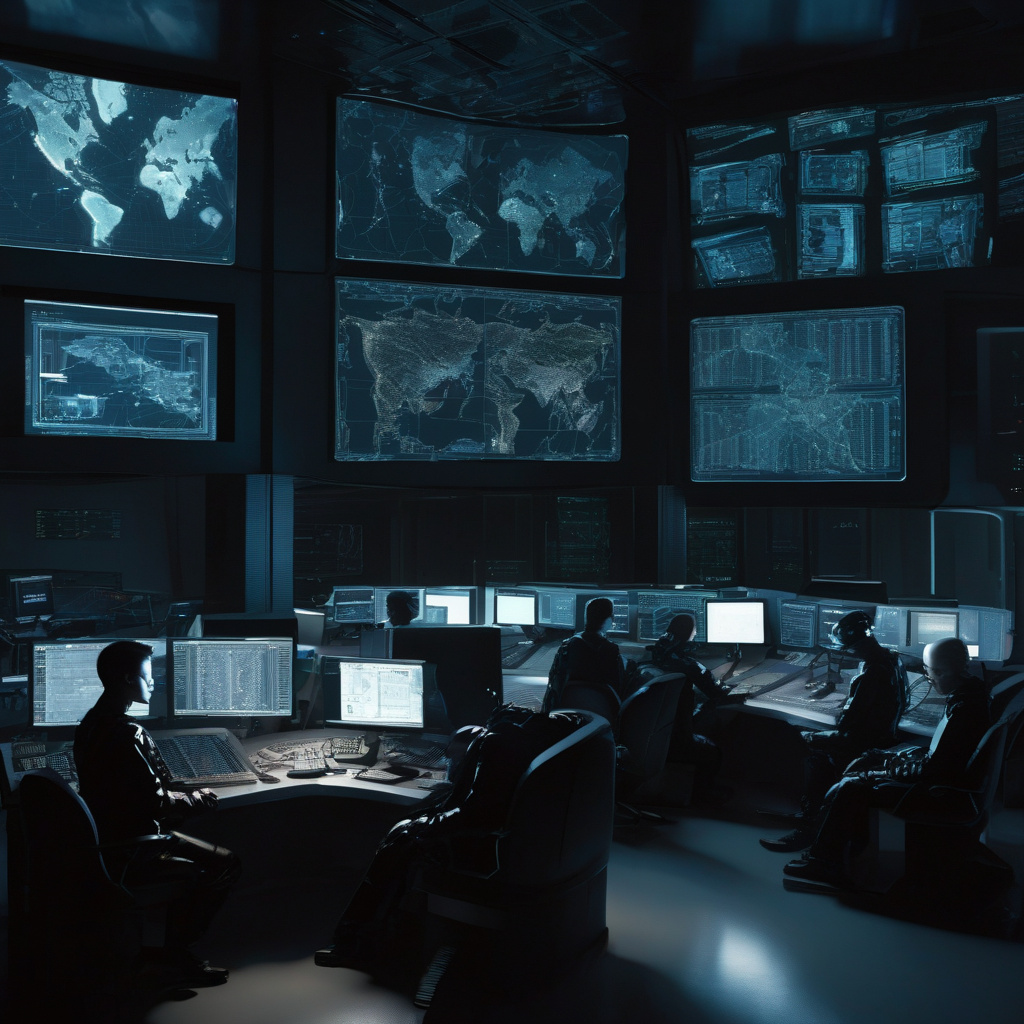In the midst of the escalating tensions between Israel and Iran, a recent cyberattack on an Iranian bank has been claimed by a pro-Israel hacktivist group. This development not only underscores the modern warfare landscape, where cyber offensives play an increasingly significant role but also highlights the intricate relationship between geopolitics and cybersecurity.
The alleged involvement of a hacktivist group in a geopolitical conflict is a stark reminder of the evolving nature of warfare. In this digital age, where boundaries are blurred, traditional notions of conflict are being redefined. Cyberattacks have become a tool for both state and non-state actors to assert influence, inflict damage, and achieve strategic objectives. The ability to wage war in cyberspace provides a level of anonymity and deniability that adds a layer of complexity to international relations.
At the same time, the attribution of cyberattacks remains a challenging endeavor. The anonymity afforded by the digital realm allows attackers to mask their identities and origins effectively. This creates a fertile ground for false flag operations, where attacks are carried out to appear as if they were launched by another party. In the case of the alleged Iranian bank hack, the claim of responsibility by a pro-Israel group adds another layer of complexity to an already volatile situation.
As tensions between Israel and Iran continue to escalate, the use of cyber capabilities introduces a new dimension to the conflict. Cyberattacks can target critical infrastructure, financial systems, and communication networks, causing disruption and chaos. In a conflict where information warfare is as crucial as conventional military operations, the ability to control the narrative and shape public perception through cyber means becomes a powerful tool.
The intersection of geopolitics and cybersecurity raises important questions about the rules of engagement in cyberspace. As nations and non-state actors increasingly turn to cyber means to further their agendas, the need for clear norms and regulations becomes more pressing. Establishing international norms for responsible behavior in cyberspace is essential to prevent escalation and mitigate the risks of unintended consequences.
In conclusion, the alleged Iranian bank hack claimed by a pro-Israel hacktivist group amidst the escalating conflict between Israel and Iran highlights the growing significance of cyber operations in modern warfare. This incident underscores the need for greater international cooperation and dialogue to address the challenges posed by malicious cyber activities. As the lines between war and peace, state and non-state actors, continue to blur in cyberspace, navigating this complex landscape requires a nuanced understanding of the intersection between geopolitics and cybersecurity.

